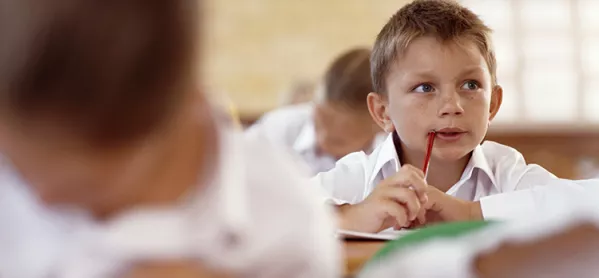This year’s Sats results are due to be returned to primary schools at 7.30am tomorrow - and the nerves are already real for Year 6 teachers and headteachers.
Around 600,000 10 and 11-year-olds took tests in reading, maths and spelling, grammar and punctuation (Spag) in May. Pupils’ writing is also assessed by their teachers.
Sats: Did the reading test meet your expectations?
Exclusive: Could you do the Sats question that made pupils cry?
Viewpoint: ‘Jeremy Corbyn’s Sats plan is wrong-headed’
And, for some, the wait to see how pupils have done is nerve-wracking.
This year’s Spag test was generally seen as “fair”. But the reading test had a mixed reaction - with some thinking it was “pretty fair” while others thought some texts were “tricky”
It is the maths scores that will come in for most scrutiny, however. The second of the three maths papers was seen as hard - leaving some children in tears. A question in which children were asked to divide a rectangle into two squares and a rectangle using two straight lines, came in for particular criticism.
The tests are controversial, with parent and teacher campaign group More than a Score saying that they should be abolished because they create stress for children and lead to a narrowing of the curriculum. Opposition leader Jeremy Corbyn told the NEU teaching union’s conference in April that if Labour come to power it would abolish Sats. And the NEU has held an indicative ballot on whether to boycott the tests.
Last year, 64 per cent of pupils nationally reached the expected standard in reading, writing and maths.
In the past, the government set floor and coasting standards based on the Sats results and schools that fell below them become eligible for formal government intervention, including forced academisation or a change of academy sponsor.
While the Department for Education has said that the floor and coasting standards are to be scrapped as triggers for government - to be replaced by Ofsted’s “requires improvement” grade - the results will still be published and the data will feed into Ofsted’s risk assessment of schools, triggering an earlier inspection if necessary.
The DfE has said that the tests should not be stressful for pupils and that they are important in helping the government to understand how well schools are supporting children.




